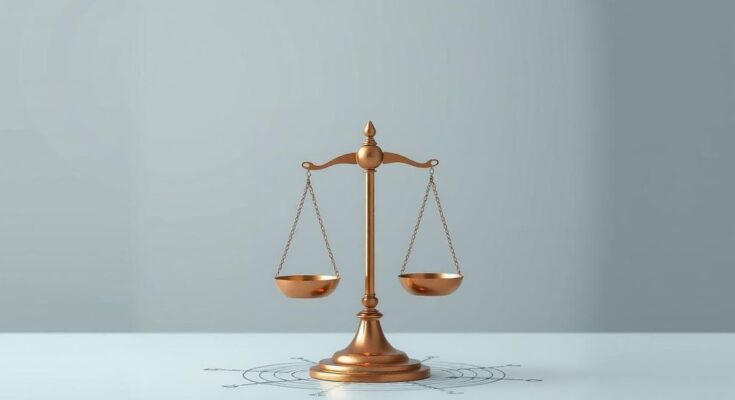In a powerful declaration, UN High Commissioner for Human Rights, Volker Türk, asserted that regulating hateful online content cannot be equated to censorship. He emphasized that social media can have devastating real-world repercussions if left unmonitored, as highlighted by Meta’s recent decision to abolish its fact-checking program in the U.S. Türk underscored that the absence of regulation often silences marginalized voices, ultimately constraining free expression while allowing hate to proliferate.
Meta’s CEO, Mark Zuckerberg, recently announced the removal of the fact-checking initiative, arguing that it may lead to perceived political bias and excessive censorship. He advocated for a more open discourse on Meta’s platforms, arguing that user trust has diminished. However, the International Fact-Checking Network (IFCN) rejected this rationale, labeling the argument as misleading and warning of potential harm.
Highlighting the dual nature of social media, Türk remarked that these platforms hold the power to unite individuals and foster positive dialogue. Nevertheless, he also recognized their capacity to instigate conflict and endanger user safety. At its finest, social media serves as a melting pot of diverse perspectives, inviting constructive exchanges, even amidst disagreement.
A UN spokesperson reaffirmed the organization’s continuous scrutiny of online spaces, emphasizing the necessity of providing fact-based information. Michele Zaccheo, the Chief of TV, Radio, and Webcast, stressed that maintaining integrity in communication through social media is paramount for the UN. Similarly, the World Health Organization pledged to uphold quality, science-based health information across digital platforms.
In light of the surge in digital misinformation, the UN’s Department of Global Communications is actively countering false narratives, developing a code of conduct for information integrity. This initiative, known as the UN Global Principles for Information Integrity, aims to enhance accountability and maintain the dignity of public discourse.
The UN High Commissioner for Human Rights, Volker Türk, argues against equating regulation of hate speech with censorship, emphasizing the serious real-world harm that can result from unchecked online hate. Following Meta’s decision to cease its U.S. fact-checking program, concerns have arisen about misinformation, bias, and user safety, with the UN reiterating its commitment to providing factual information and combating digital falsehoods.
The UN advocates for the regulation of online hate speech as a means to protect public discourse and uphold human rights. Although Meta’s recent shifts toward less regulation may promote free speech, they could also enable the spread of harmful narratives. The ongoing commitment by the UN and other organizations to provide fact-checked, science-based information underscores the importance of integrity in communication within the digital landscape.
The article discusses the implications of content regulation on social media, spotlighting the recent remarks by UN rights chief Volker Türk. His stance on addressing harmful online speech highlights a significant discussion about balancing free expression with the necessity for safety in digital spaces. Meta’s dismantling of its fact-checking program raises concerns about misinformation, bias, and the responsibility of digital platforms in maintaining a safe and respectful online environment.
Original Source: news.un.org



